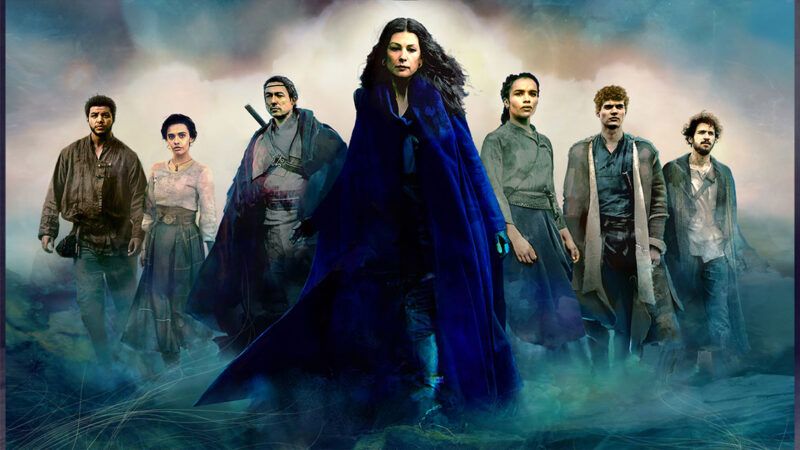The Wheel of Time
Looked at one way, it's a lesser Game of Thrones. Looked at another, it's a show about governance and social power in the absence of contemporary governmental institutions.

The Wheel of Time, Amazon's adaptation of Robert Jordan's high-fantasy book series of the same name, is not entirely successful: Too often, it plays like a lesser version of HBO's Game of Thrones, with more magic but less drama, more monsters but less suspense.
Still, the show's mythological world-building manages to make compact sense of the series' complex lore. Some of that world-building is focused on mysticism, but much of it is about self-organized clans of believers, working together and against their rivals.
Like Game of Thrones, The Wheel of Time is most interesting when it's a story about not-quite-official governance enforced by various communal organizations—witch orders and witch hunters, dark and light followers, and even just local barrooms and bards. Like so much high fantasy, it's ultimately a show about governance and social power in the absence of contemporary governmental institutions.


Show Comments (26)